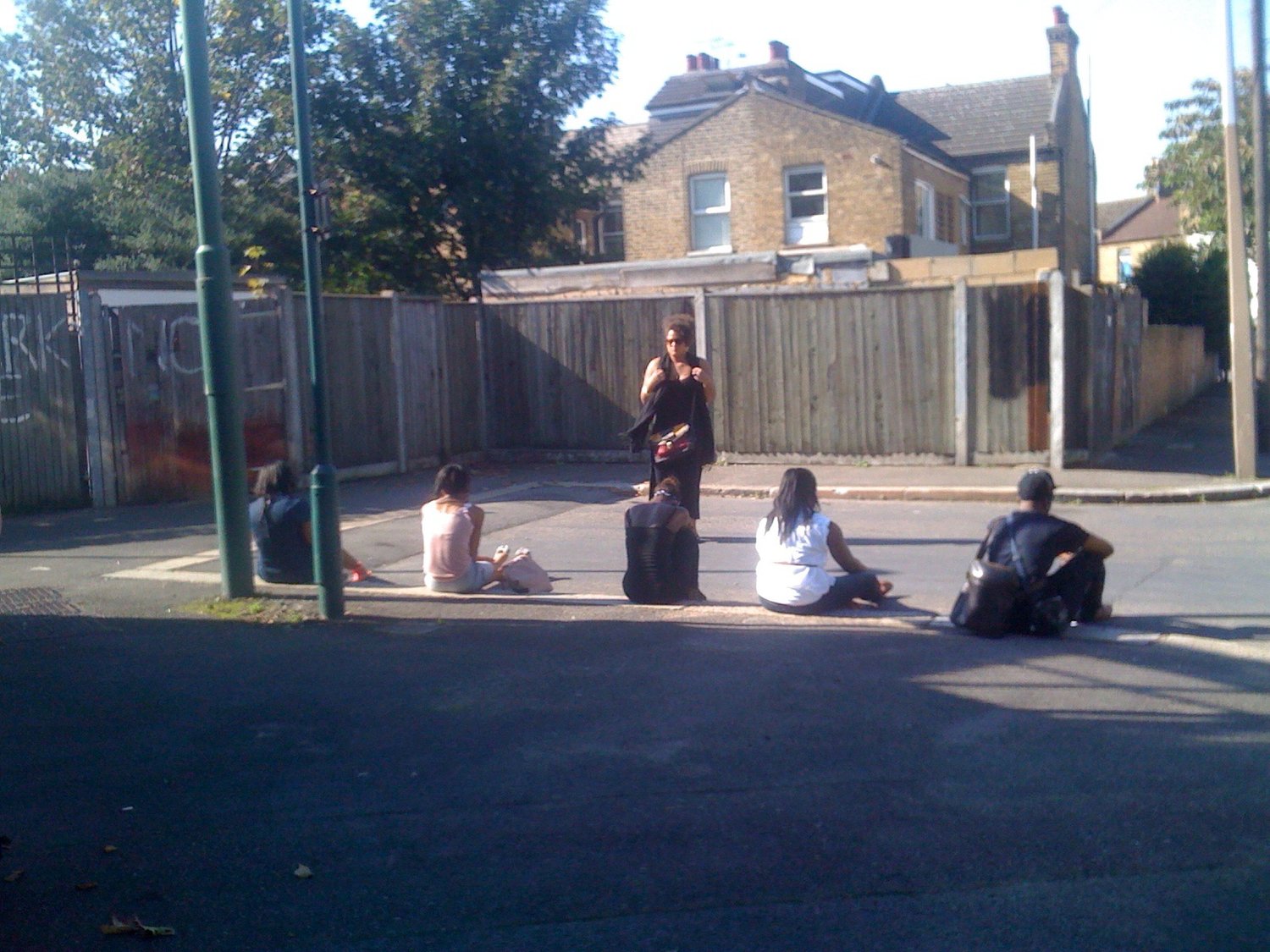With Sarah Wishart
In the summer of 2021, The Royal Conservatoire of Scotland commissioned a number of artists to make a piece of artwork and a podcast – and gave us a very wide remit as to what these might look like. I am very interested in uncovering different kinds of processes in relation to art making – as I see it as a great way to find pathways to get inspired or make work or get ourselves out of stuck. All things we’ve found more difficult than usual within a pandemic.
In response to the commission ask – I created two things – firstly I dipped into the background and thought around archives, and made a podcast from interviews with three people from three key archives that I thought would be interesting and useful for students. Secondly, I made an artwork from my own archive.
From those conversations, I hoped to provide inspiration and techniques from the interviews, field recordings and archive collections that featured. You’ll learn about creating and curating your own archive by hearing from people working with a range of library and archival collections including live art and performance in Glasgow and beyond! You can hear the artwork at the end of the interviews with Lois Kiedan from Live Art Development Agency, Louise Lawson from Tate and Conor Walker from the National Library of Scotland.
The artwork aspect came out of a spot of tidying I did last year under the first lockdown when I was stuck in my room away from my studio and life. I thought I could something useful and something I’d been putting off for a while. I went meandering through the mess of archives collected over many years from my parttime PhD from when I was doing lots of interviewing lots of people about two artworks – Jeremy Deller’s Battle of Orgreave – the pretty famous re-enactment of a key battle between striking miners and police as part of the 84 -5 Miners’ Strike, and Graeme Miller’s epic audio soundscape relating to stories and histories lost as the result of the building of the M11 link road. I listened to lots of those interviews and decided to create a piece ‘after’ Graeme’s work from some of the recordings I’d done over that time.
Linked is a walk that can take up to about five hours, as you walk through suburban East London, listening out for the soundscapes along a five-mile route in Easst London – made up of snippets of interviews and sound and music. My soundscape then is made up of snippets from my interviews about these works as well as the one time I took a group of people on the walk at night from 1am to dawn – that we did in silence. I had partially recorded that experience and it forms the base of the soundscape along with extracts, repetitions, and memories from those interviews.

Extract from Conor Walker “Pistol Shrimp, Muck” Sail Britain: Life of Islands residency 2019
“Thirty-eight (degrees of separation)” © 2022 used with kind permission of Kevin Sanders
“Casiodrone” and “Wedding Song” © 2022 used with kind permission of Daniel Thomas
Thanks to Lois Kiedan, Louise Lawson, Tate, Conor Walker, The National Library of Scotland, Live Art Development Agency, and especially to Mark Godber, Graeme Miller, and Tana West for being kind enough to let me use our conversations again.
Sarah Wishart is an artist and writer based in Glasgow’s Southside with a background in performance and live art. Her PhD looked at how we might use audience to document performance. She’s also Creative Director for a human rights charity and has worked on documentaries, podcasts, animations and comic strips to tell different kinds of stories.
Resource Pack
If after listening to my podcast and interviews all about archives – you’re interested in finding out a bit more – or want to make your own – I’ve created a resource pack that over the course of six weeks takes you a bit deeper into The Archive!
This podcast was created whilst working with students from the Royal Conservatoire’s Fair Access programmes.

